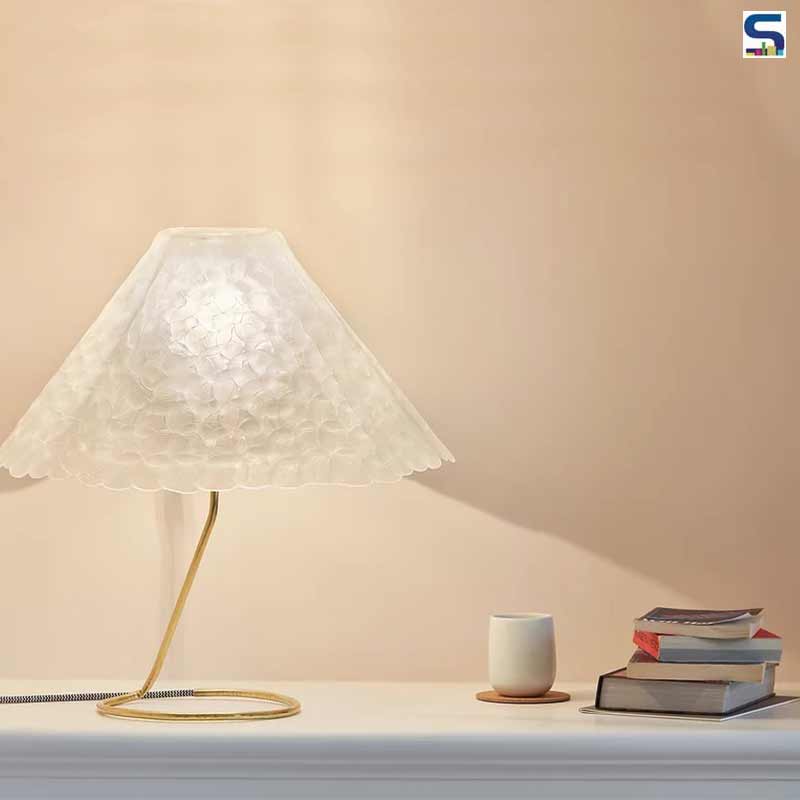
London-based designer Yair Neuman has explored ways to minimize the environmental impact of things around us. Exploring sustainable design practices, Neuman collaborated with eyewear brand Cubitts to create a designer lighting solution. Reportedly, on an average, an eyeglasses store discards nearly 200 lenses every week, while over 3,000 ton of lens waste ends up in landfills each year in the UK.
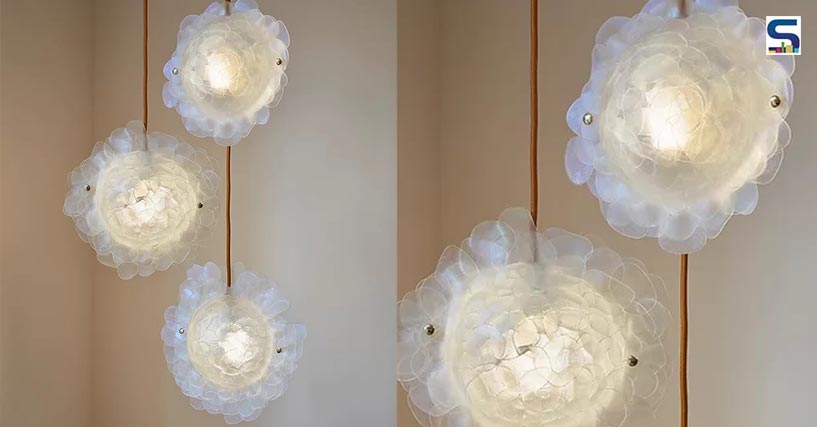
Cubitt’s frames are displayed on mannequins with dummy plano lenses which are replaced with prescription ones once they are purchased by the customer. These lenses often get dumped in landfills. To curb this rising pollution, Neuman decided to give these lenses a second life by turning them into polycarbonate sheets. He further used this material to design a range of spectacular lighting called Lens Light. Read on to know more about Neuman’s project on SURFACES REPORTER (SR).
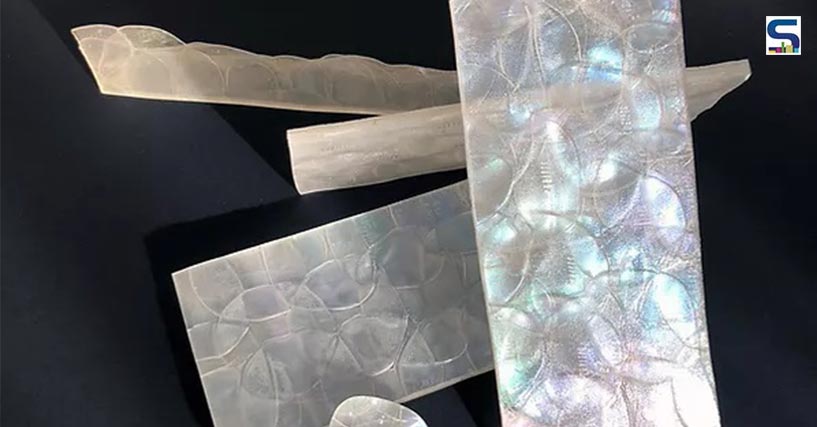
Studying design in London’s Eindhoven, Neuman had decided to work around sustainability. To represent waste in the eyewear industry, Neuman decided to work something around it. In 2010, he first worked on eyewear pieces at Ron Arad’s brand pq. He observed the hidden wastage of the eyewear industry – lens waste – and realised the opportunity to use this waste as a high-quality material that could be repurposed into something else.
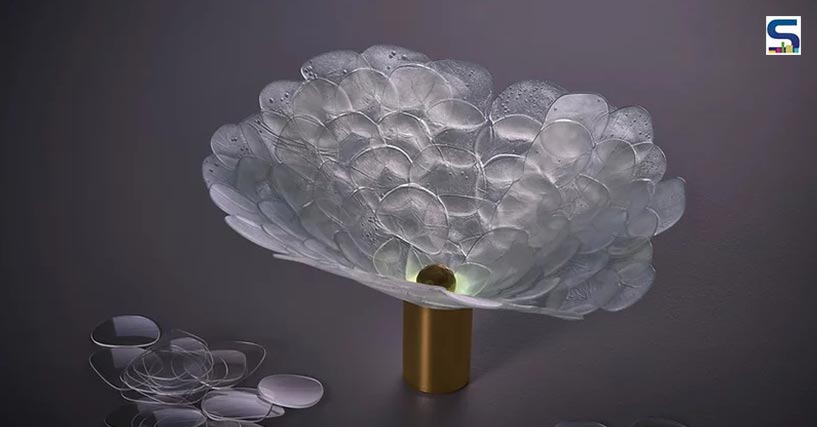
The clear display lenses that are installed in eyewear stores are replaced with consumers’ prescription lenses when the frames are sold. These frames are made out of optical grade polycarbonate which is essentially disposable. He realised that these lenses end up in landfills. To avoid this, he started collecting them from stores to transform them into something beautiful.
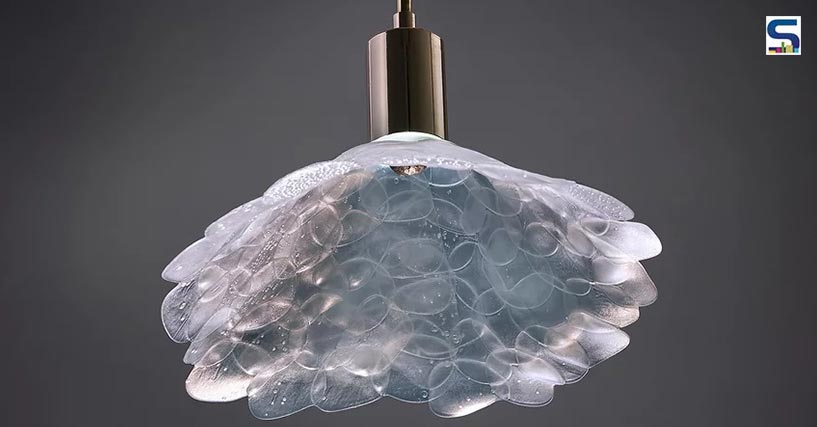
Neuman started by composing patterns with the help of waste lenses’ original shape. Depending on the designed prices, he then flattened them individually or fused them together into sheets. Furthermore, he created the final design with a balanced grouping of heat, pressure, jigs, moulds and freehand sculpting.
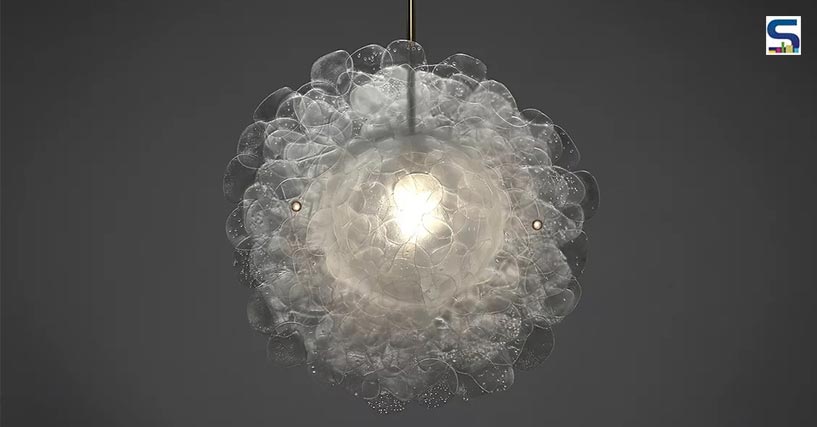
Photographs: Mark Cocksedge, Jonathan Minster, Max Langran; Courtesy: Yair Neuman